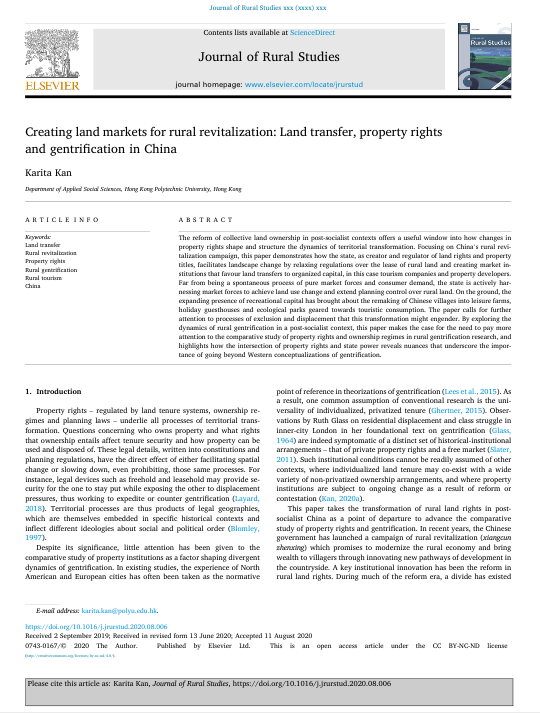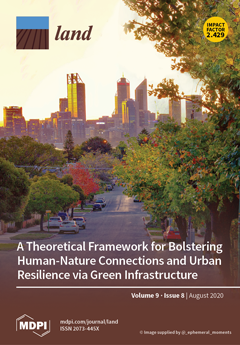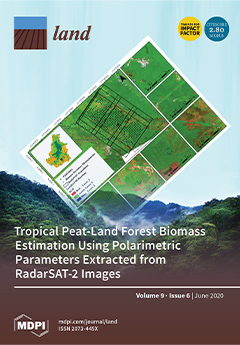Feedback between drought and deforestation in the Amazon
Deforestation and drought are among the greatest environmental pressures on the Amazon rainforest, possibly destabilizing the forest-climate system. Deforestation in the Amazon reduces rainfall regionally, while this deforestation itself has been reported to be facilitated by droughts. Here we quantify the interactions between drought and deforestation spatially across the Amazon during the early 21st century.







